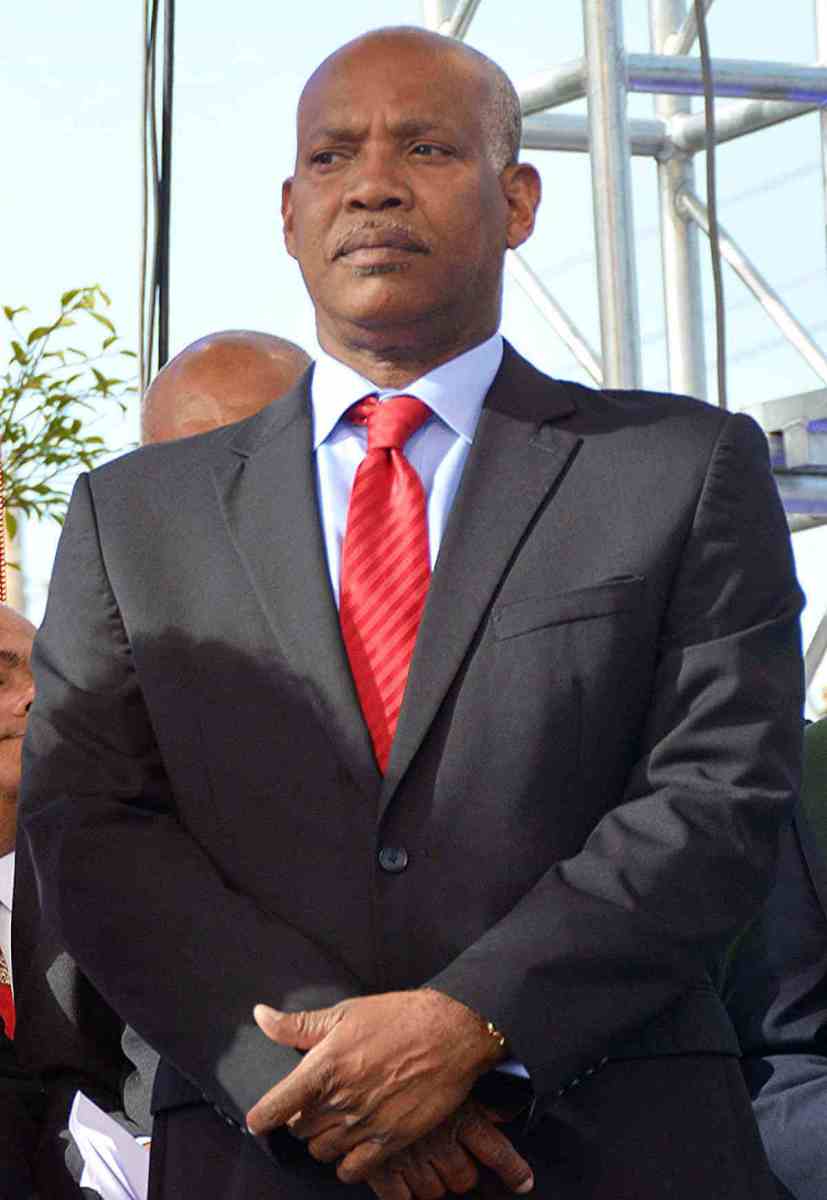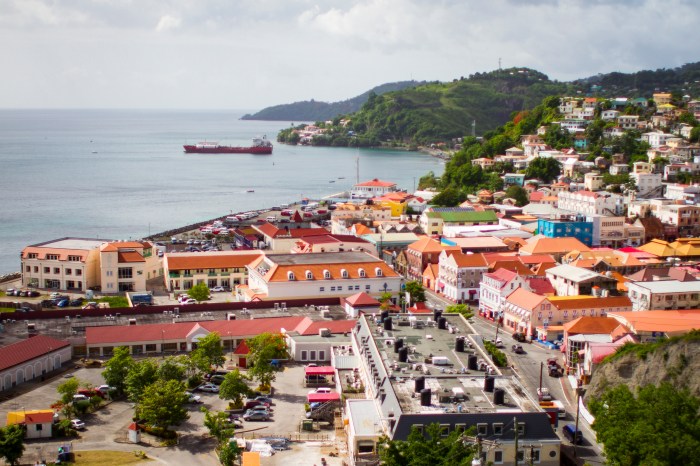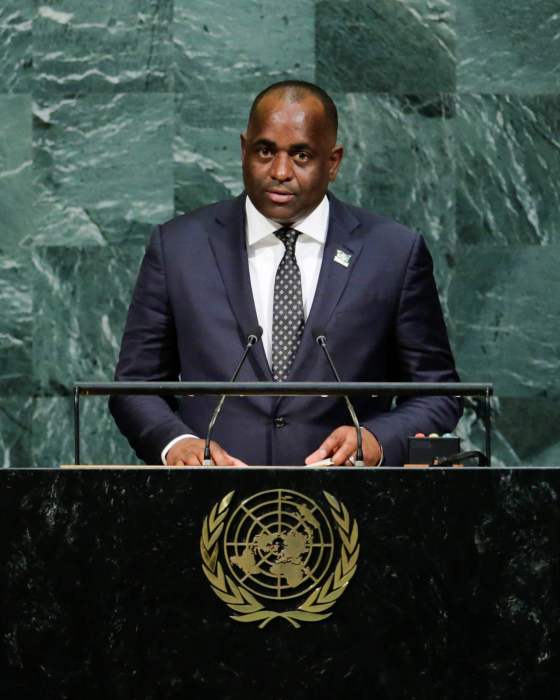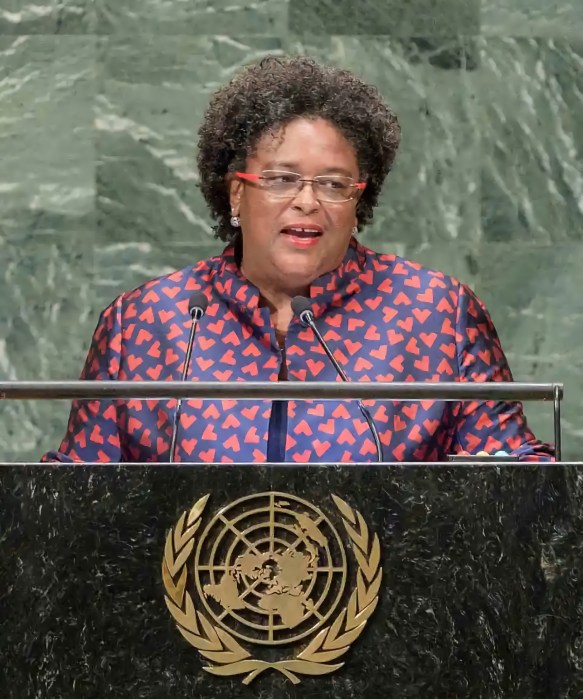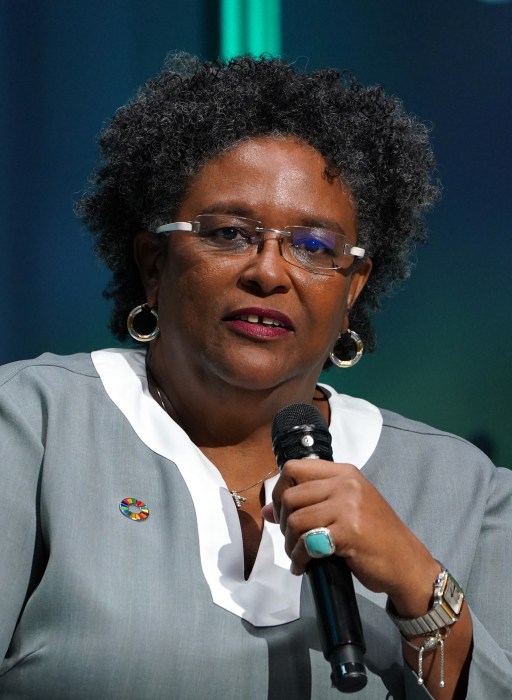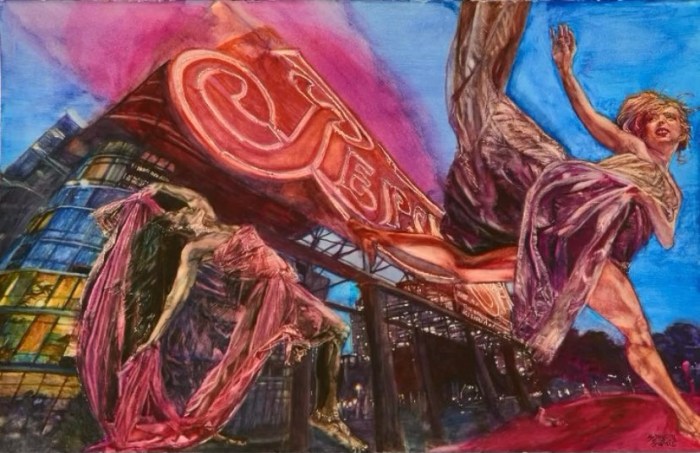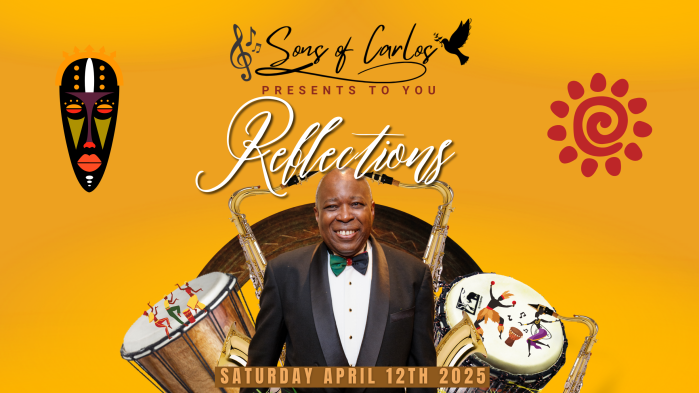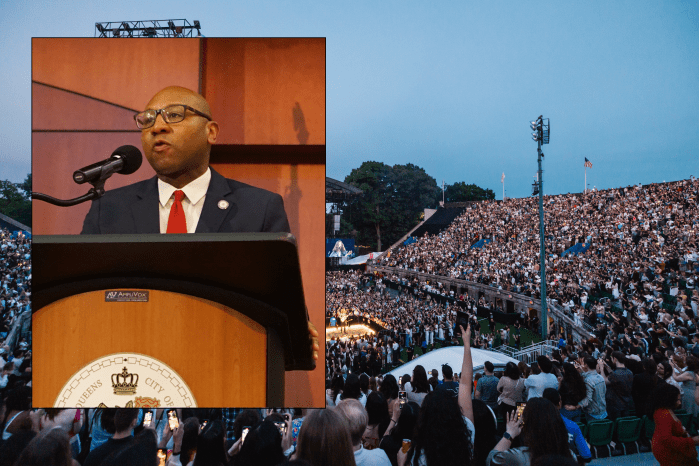For decades local media in Barbados had been reluctant to report any spike in crime, particularly those linked to armed robberies, vicious assault and major burglaries out of caution that it might hurt the lifeline tourism industry.
But as the nation tries to recover from the economic and other challenges of the COVID-19 pandemic, authorities are also trying to contain a spike in gang-related gun murders that are not only getting newspaper column inches and air time, but are also unsettling the tourism sector and the Mia Mottley cabinet.
For the year so far, police have reported the unusually high number of murders – 28 – with 21 dying at the wrong end of a gun. In the majority of cases, the triggermen were out on bail for other serious crimes, police said.
The spike has now led to a spirited debate with calls for the resumption of the death penalty by hanging. Barbados last hanged a convict back on Oct. 10, 1984 when three men were executed for a vicious murder in the city.
Attorney General Dale Marshall said authorities will do all in their power to stem the latest outbreak, noting that “the country has experienced a spike in a number of firearm events or incidents over a few weeks. These have resulted in a number of deaths and injuries. Other incidents not connected to the use of firearms but also resulting in the loss of life have also occurred. These are all tragic circumstances and acutely felt in a small country such as ours. This is not an indication that Barbados has descended into a state of chaos or outright lawlessness. We have dealt with spikes in crime before and effectively so,” Loop news reported.
On radio call in programs this week, locals demanded that the death penalty be re-imposed despite the fact that the Trinidad-based Caribbean Court of Justice (CCJ) had ruled that hanging should not necessarily be mandatory and that it was also unconstitutional. In some instances, judges can indeed impose the penalty but not in all cases in keeping with the apex court ruling.
Meanwhile, Barbados Law Association President, Andrew Pilgrim said he is vehemently opposed to any resumption as a knee jerk reaction to a spike in crime, noting that courts do not always get verdicts and convictions correctly, poorly represented clients are the ones who mostly go to jail but connected people usually escape hanging.
“We get it wrong sometimes. The court system will not always get it right and we have seen time and time again people exonerated long after they have been executed by the state. Evidence turns up, a witness was telling lies and these things happen. How then can you repay a life that the state took away in those circumstances?” he asked.
Contributing to the debate, Police Chief Richard Boyce told reporters that four men who were killed by suspected gangsters last week were known to the police. They were victims of revenge inter-gang killings while a number of others have ironically sought police protection from opponents.
Tourism is a lifeline sector for the Caribbean’s most easterly island. The nation has long prided itself as a safe haven for legions of British and other tourists but officials worry that an increasing number of guns are being smuggled from the US and South America, ending up in the hands of idle youths.


